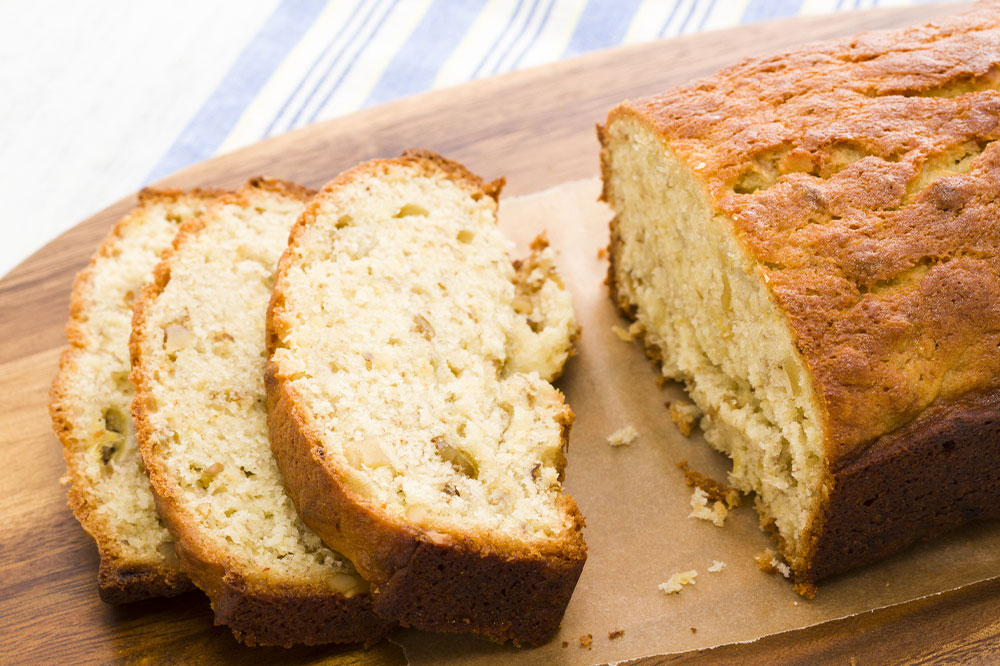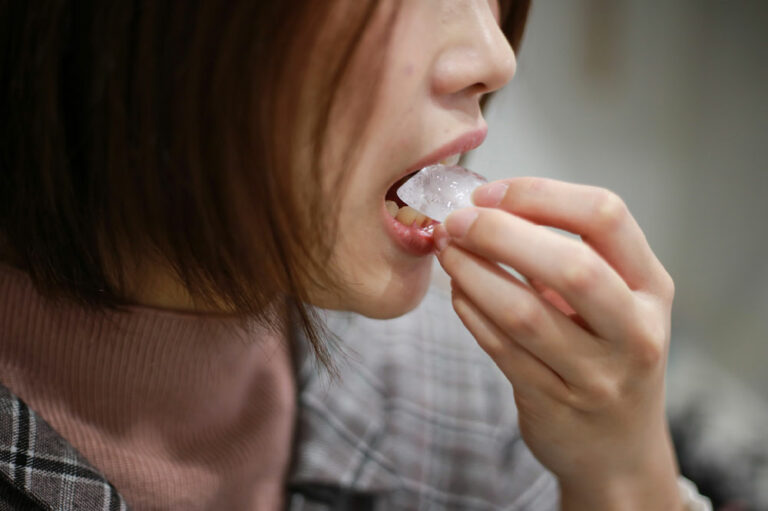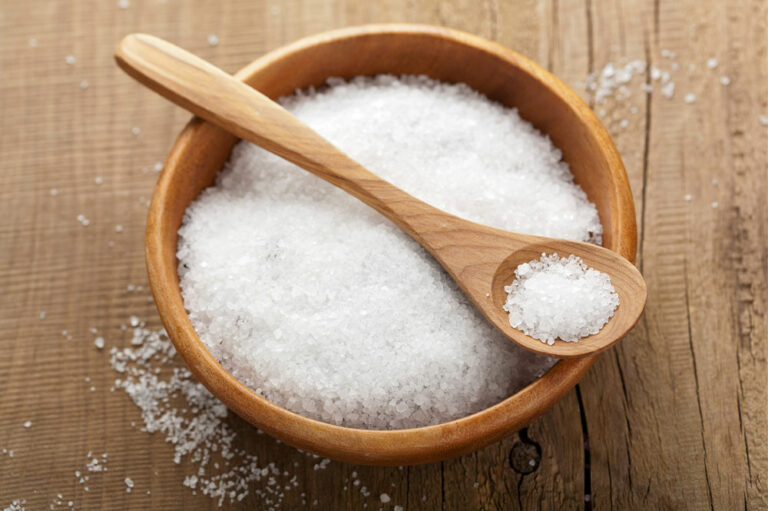4 worst foods for teeth

The foods we eat play a significant role not just in maintaining our physical health but also our oral health. There are several foods that act as natural mouth cleansers, while others are a big no no for oral health. These are foods that can cause tooth decay, leading to cavities and other such issues. It is important to know which foods to avoid to eliminate the risk of tooth decay.
Bread
This is a staple in a lot of cuisines. While bread tastes delicious, it is also something that affects teeth health. As it turns into a chewy substance inside the mouth, the bread crumbs can easily get attached to the crevices in the teeth. This can lead to build up and potential tooth complications.
Carbonated drinks
Drinking carbonated sugary drinks is never a good idea. The bacteria in the mouth feed on the high amount of sugar present in them. This can result in tooth decay and other oral hygiene issues. Drinking too much soda coats the teeth in acid, which affects the tooth enamel, leading to its decay. Carbonated drinks also causes your mouth to dry. This leads to lower saliva levels, which could result in tooth decay.
Citrus foods
Fruits like oranges and grapefruits are a great addition to meals as they have several vitamins and minerals. However, when consumed in excess, these fruits can be bad for your teeth. The high amounts of citric acid can lead to the erosion of enamel. Even lemon in water and drinks can be harmful for the teeth, so always be mindful of the amount of citrus you eat.
Potato chips
These chips are tasty and addictive due to starch and salt. The starch turns into sugar, which gets trapped between the teeth and leads to the development of bacteria in dental plaque. After eating chips, the resulting acid stays for a longer time in the mouth to react with the teeth. Hence, it is recommended to floss or brush after eating chips.
A regular visit to the dentist is advised to minimize the risk of tooth decay and other oral health issues. So always be regular to your appointments and follow adequate oral hygiene to avoid any complications.
Regular check-ups with the dentist can also help in determining if dental implants are a suitable option for those with damaged teeth. Implants are a solution for replacing weak, infected, injured, and missing teeth. Further, certain dental insurance plans cover costs associated with implant procedures. So, before undergoing the procedure, it is important to carefully review the policy to understand the extent of coverage. Alternatively, exploring other providers and plans that support comprehensive dental care can help.



